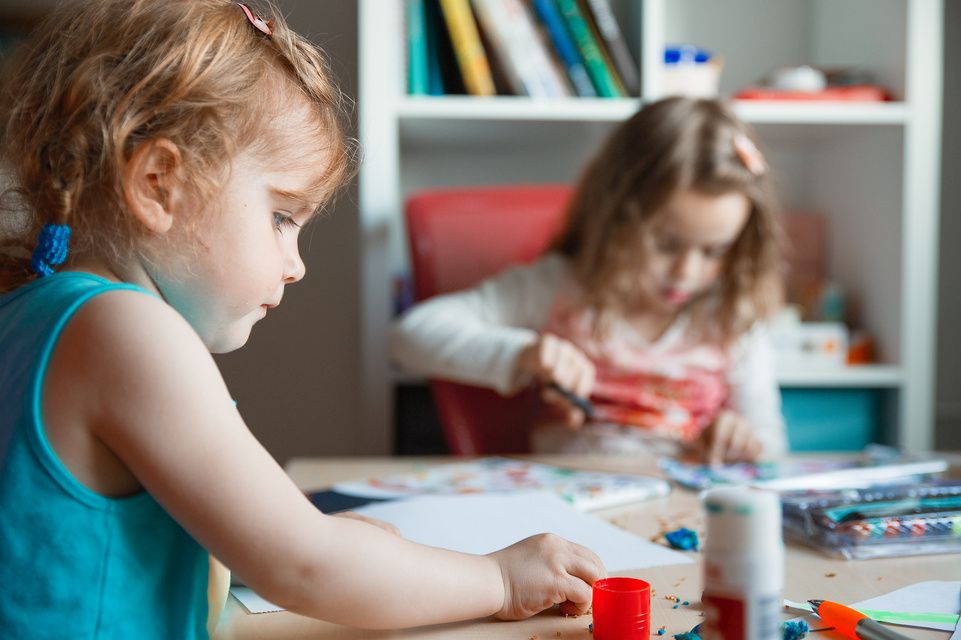-
Condition
Ulnar Polydactyly
Extra fingers can be located anywhere on the hand. Ulnar polydactyly occurs when a child is born with an additional “little finger” located on the pinky finger side of the hand, known as the ulnar side.
-
Condition
Fractures
http://shriners-production-cd.azurewebsites.net/en/Pediatric-Care/FracturesShriners Children's provides care for broken bones, including open or compound fractures.
-
Condition
Nail-Patella Syndrome
Nail-patella syndrome is a rare condition causing irregular growth of the nails, knees, elbows, and pelvis. Symptoms vary in severity, even among members of the same family, and treatment includes bracing or surgery.
-
Condition
Diastrophic Dysplasia
Diastrophic dysplasia, also known as diastrophic dwarfism, is a rare genetic condition that can cause dwarfism, where a child’s legs and arms do not grow and develop to the typical adult length.
-
Condition
Macrodactyly
Shriners Children's offers treatment options for macrodactyly, an uncommon condition in which a baby is born with abnormally large fingers or toes. This is caused by an overgrowth of the underlying soft tissues and bone.
-
News
Staying Ahead of the Curve in Scoliosis Research
http://shriners-production-cd.azurewebsites.net/en/News-and-Media/News/2023/06/Scoliosis-ResearchShriners Children’s Philadelphia offers a complete scoliosis care program, from regular screenings to surgery.
-
Condition
Missing Thumb / Missing Fingers
Missing thumb / fingers is the most common hand disorder treated at Shriners Children’s. Typically only one hand is affected. Other symptoms may include webbed fingers or a short hand or forearm.
-
Condition
Juvenile Scoliosis
Juvenile scoliosis is a spine curve affecting children between the ages of 3 and 10.
-
Condition
Radial/Radius Deficiency
Radial deficiency, also known as radial club hand, occurs when a bone in the forearm doesn't form correctly during pregnancy. Shriners Children's physicians can help improve the hand's function and appearance.
-
Condition
Ulnar/Radial Deficiencies
Ulnar/radial deficiencies cause a hand to appear bent at an angle, towards either the thumb or little finger. Shriners Children's goal is to improve the hand’s function and appearance.
Patient Information
Providers & Research
I Want to Find










